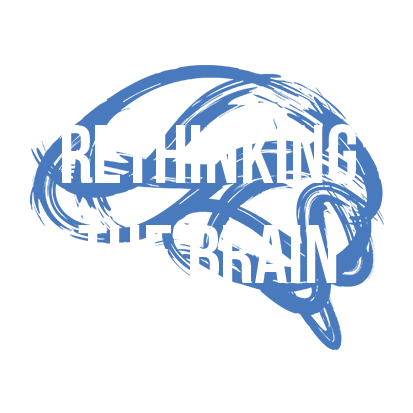Neuroscience of Emotions
SCHOOL PROGRAM
Neuroscience of Emotions
by
DR. MARK WILLIAMS
We need to be aware of how our emotions manifest to regulate and understand them in ourselves and in others.
We need to be aware of how our emotions manifest to regulate and understand them in ourselves and in others.
There is a lot of talk about 21st Century skills and what we need to teach students now so that they can thrive in the future. These skills usually include a group of “soft” skills like collaboration, cooperation, teamwork, communication, curiosity, creativity and leadership. One essential component of these and many other 21st Century skills is perception, recognition and regulation of emotions. Students and teachers need to understand their own emotions, and those of others, to communicate and work together, to be self-aware and strong enough to take chances and be creative, to lead others and collaborate effectively.
Do we know what we are talking about?
Dr Mark has spent more than 20 years researching, teaching and publishing on emotions. Hiswork on emotions has been featured in New Scientist, The Economist, New York Times and The Guardian. He was a consultant and presenter on the ABC series ‘Making Australia Happy’ and his co-edited book ‘Facing the Other: Novel Theories and Methods in Face Perception Research’ has been viewed by more than 200,000 times. Mark’s work is featured in University textbooks and he has a wealth of knowledge and expertise in this topic.
What will be covered?
In Part 1 of this course, Mark will explain the brain basis of emotion perception and regulation, including:
• Why the social brain has such an impact on our survival
• The importance of the face
• Eye contact and gaze
• How we recognise facial expressions
• Basic versus complex emotions
• The body/brain interaction
In Part 2, Mark will explore how we can use our understanding of emotions to enable students to learn and thrive including:
• Using eye contact to connect
• Using eye gaze to direct attention
• How to use emotions to attract attention
• The importance of emotions in memory
• How to change the emotion of a room
• How to maintain a happy environment

The focus will be on how teachers can implement strategies in the classroom to improve learning, memory and mental health.
Contact us today to discuss your needs and see how we can help support your community.
